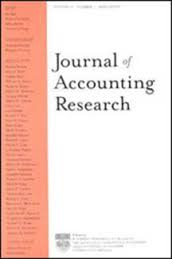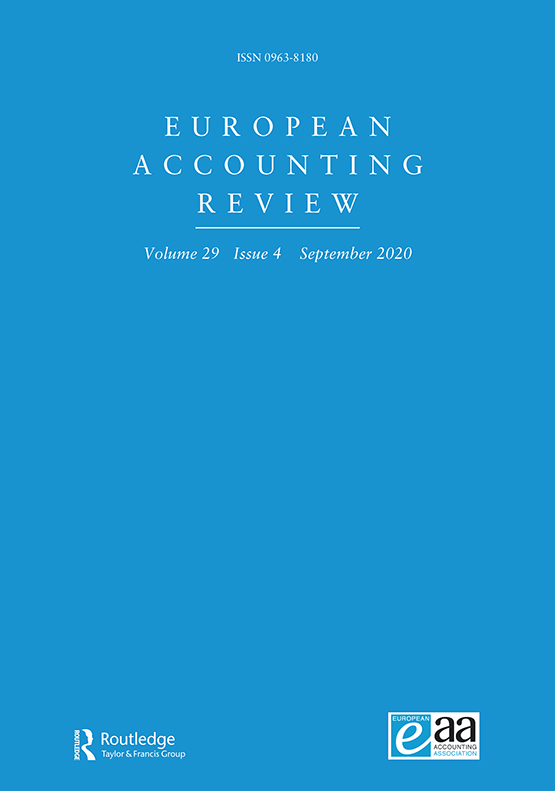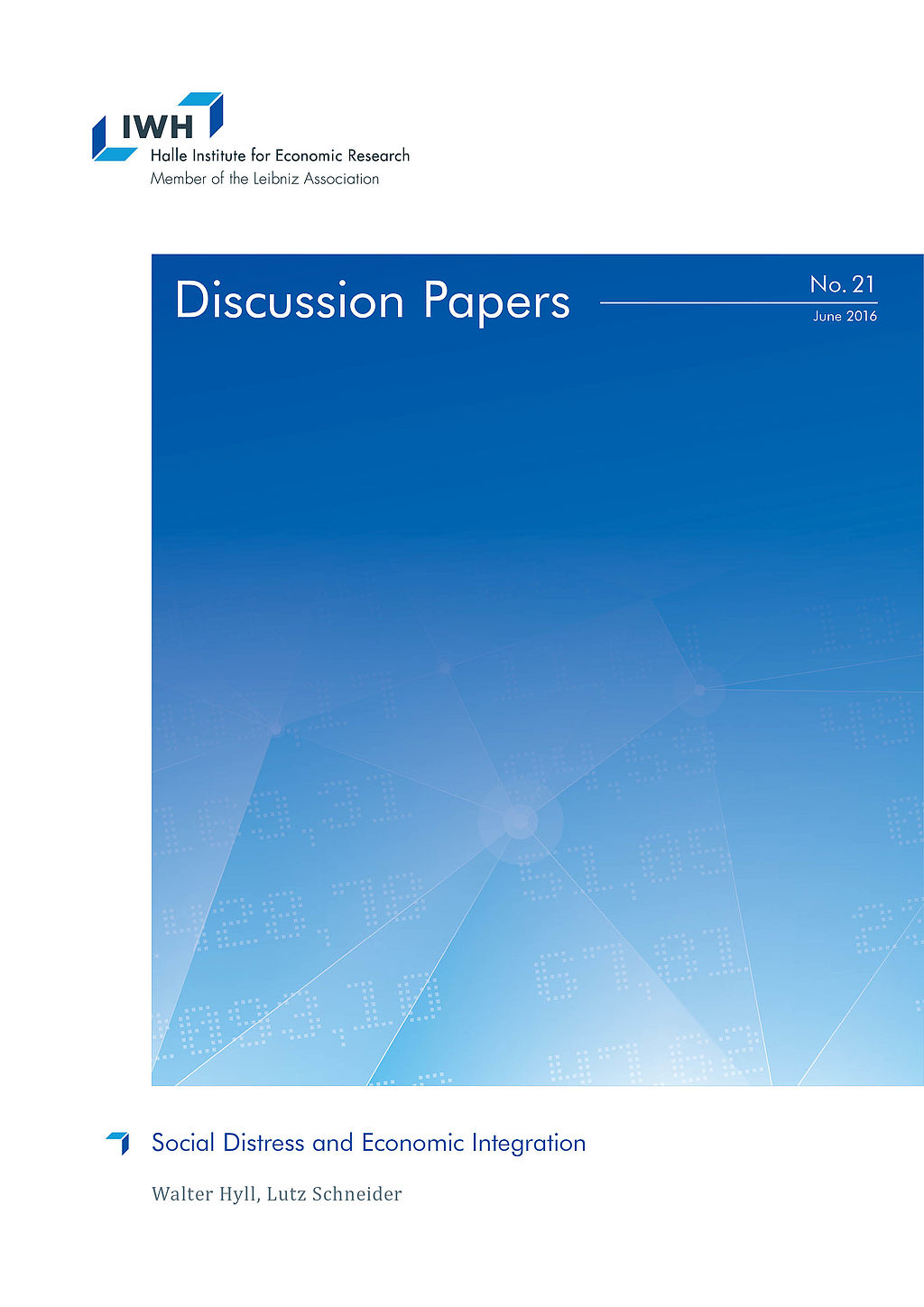Governance und Finanzierung
Diese Forschungsgruppe untersucht traditionelle und moderne Ansichten über Corporate Governance auf den Finanzmärkten. Sie trägt dazu bei, die Wirksamkeit verschiedener Governance-Mechanismen bei der Auswahl von Talenten, der Schaffung von Anreizen und der Bindung an das Unternehmen zu verstehen. Die Gruppe untersucht auch, wie verschiedene Stakeholder die Corporate Governance beeinflussen.
Forschungscluster
Finanzresilienz und RegulierungIhr Kontakt

Mitglied - Abteilung Finanzmärkte
Referierte Publikationen

Does Social Capital Matter in Corporate Decisions? Evidence from Corporate Tax Avoidance
in: Journal of Accounting Research, Nr. 3, 2017
Abstract
We investigate whether the levels of social capital in U.S. counties, as captured by strength of civic norms and density of social networks in the counties, are systematically related to tax avoidance activities of corporations with headquarters located in the counties. We find strong negative associations between social capital and corporate tax avoidance, as captured by effective tax rates and book-tax differences. These results are incremental to the effects of local religiosity and firm culture toward socially irresponsible activities. They are robust to using organ donation as an alternative social capital proxy and fixed effect regressions. They extend to aggressive tax avoidance practices. Additionally, we provide corroborating evidence using firms with headquarters relocation that changes the exposure to social capital. We conclude that social capital surrounding corporate headquarters provides environmental influences constraining corporate tax avoidance.

Corporate Social Responsibility and Profit Shifting
in: European Accounting Review, 2099
Abstract
This paper examines the relation between corporate social responsibility (CSR) performance and tax–motivated income shifting. Using a profit–shifting measure estimated from multinational enterprises (MNEs) data, we find that parent firms with higher CSR scores shift significantly more profits to their low-tax foreign subsidiaries. Overall, our evidence suggests that MNEs engaging in CSR activities acquire legitimacy and moral capital that temper negative responses by stakeholders and thus have greater scope and chance to engage in unethical profit-shifting activities, consistent with the legitimacy theory.
Arbeitspapiere

Censored Fractional Response Model: Estimating Heterogeneous Relative Risk Aversion of European Households
in: IWH Discussion Papers, Nr. 11, 2015
Abstract
This paper estimates relative risk aversion using the observed shares of risky assets and characteristics of households from the Household Finance and Consumption Survey of the European Central Bank. Given that the risky share is a fractional response variable belonging to [0, 1], this paper proposes a censored fractional response estimation method using extremal quantiles to approximate the censoring thresholds. Considering that participation in risky asset markets is costly, I estimate both the heterogeneous relative risk aversion and participation cost using a working sample that includes both risky asset holders and non-risky asset holders by treating the zero risky share as the result of heterogeneous self-censoring. Estimation results show lower participation costs and higher relative risk aversion than what was previously estimated. The estimated median relative risk aversions of eight European countries range from 4.6 to 13.6. However, the results are sensitive to households’ perception of the risky asset market return and volatility.









